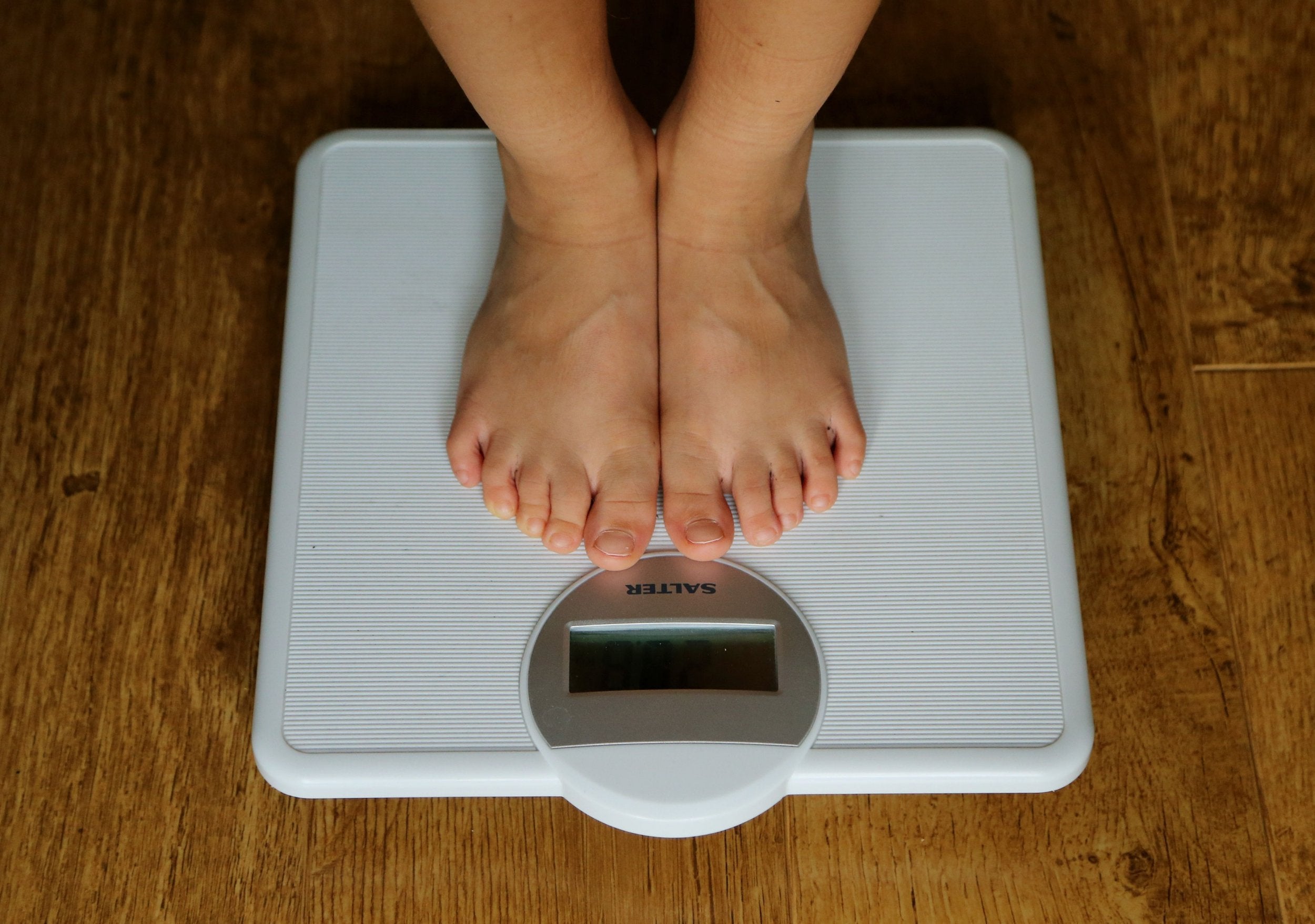Obesity increases risk of Covid-19 death by almost 50%, study suggests
Vaccines could also be less effective for clinically overweight people, researchers warn

Your support helps us to tell the story
From reproductive rights to climate change to Big Tech, The Independent is on the ground when the story is developing. Whether it's investigating the financials of Elon Musk's pro-Trump PAC or producing our latest documentary, 'The A Word', which shines a light on the American women fighting for reproductive rights, we know how important it is to parse out the facts from the messaging.
At such a critical moment in US history, we need reporters on the ground. Your donation allows us to keep sending journalists to speak to both sides of the story.
The Independent is trusted by Americans across the entire political spectrum. And unlike many other quality news outlets, we choose not to lock Americans out of our reporting and analysis with paywalls. We believe quality journalism should be available to everyone, paid for by those who can afford it.
Your support makes all the difference.Obesity may double the risk of falling seriously ill with Covid-19 and increase the chances of dying by almost 50 per cent, according to researchers, who also warned any future vaccine may be less effective for the clinically overweight.
Health issues caused by obesity include a number of pre-existing conditions known to exacerbate a Covid-19 infection – including heart disease, diabetes and high blood pressure.
Now a global assessment of health data gathered since the start of the the pandemic by researchers at the University of North Carolina has found people with a Body Mass Index (BMI) of more than 30 were 113 per cent more likely to be hospitalised.
Those admitted to hospital were found to be 74 per cent more likely to be admitted to an intensive care unit, while the risk of death among obese patients increased by 48 per cent.
The researchers warned any future vaccine may also undermined by an elevated BMI in the recipient, although a University of Oxford scientist who was not involved in the study said this was “simply a hypothesis”.
While researchers are still working towards immunisation to fight against Sars-Cov-2, the virus that causes Covid-19, available evidence has suggested flu vaccines are less effective in obese patients.
The UK government has launched an anti-obesity drive during the pandemic, with Boris Johnson reportedly telling those close to him he believes his own weight was behind his own severe response to the virus, which saw him admitted to intensive care.
Barry Popkin, professor of nutrition at the University of North Carolina, said the risk factor of weight gain represented a particular challenge as people across the globe attempt to avoid infection. He urged governments to introduce food policies that promote good health to ensure the safety of citizens.
“We’re not only at home more and experience more stress due to the pandemic, but we’re also not visiting the grocery store as often, which means the demand for highly processed junk foods and sugary beverages that are less expensive and more shelf-stable has increased,” he said.
“These cheap, highly processed foods are high in sugar, sodium and saturated fat and laden with highly refined carbohydrates, which all increase the risk of not only excess weight gain but also key noncommunicable diseases.”
Alongside health conditions caused by obesity, the metabolic changes caused by a high BMI, such as insulin resistance and inflammation, and uncontrolled serum glucose also make it harder for patients to fight off infection.
“All of these factors can influence immune cell metabolism, which determines how bodies respond to pathogens, like the SARS-CoV-2 coronavirus,” said co-author Melinda Beck, professor of nutrition at Gillings School of Global Public Health.
“Individuals with obesity are also more likely to experience physical ailments that make fighting this disease harder, such as sleep apnea, which increases pulmonary hypertension, or a body mass index that increases difficulties in a hospital setting with intubation.”
Dr Beck added: “We are not saying that the vaccine will be ineffective in populations with obesity, but rather that obesity should be considered as a modifying factor to be considered for vaccine testing.
“Even a less protective vaccine will still offer some level of immunity.”
But Duncan Young, a professor of intensive care medicine at the University of Oxford, said: “The discussion of the effects of obesity on vaccine efficacy are not based on the meta-analysis in the paper or any new data, but on a narrative review of a range of other studies and is simply a hypothesis.
“The numerous vaccine studies underway will very likely be recording BMI and this is where accurate data on the association between obesity and vaccine efficacy will come from.”
Join our commenting forum
Join thought-provoking conversations, follow other Independent readers and see their replies
Comments